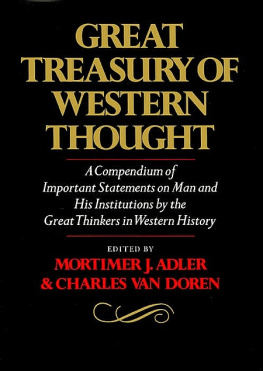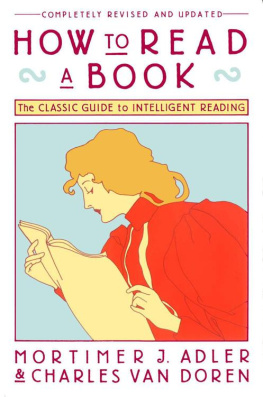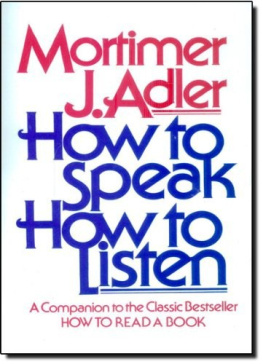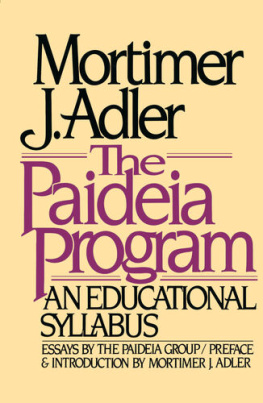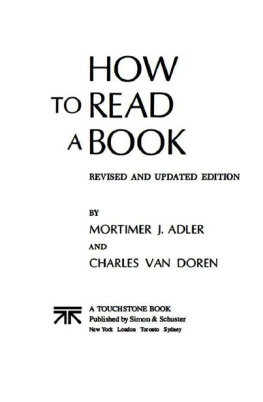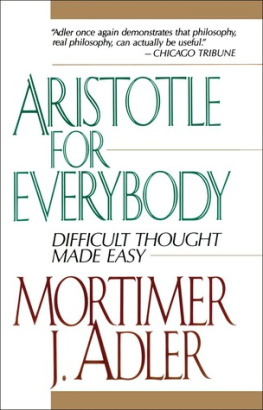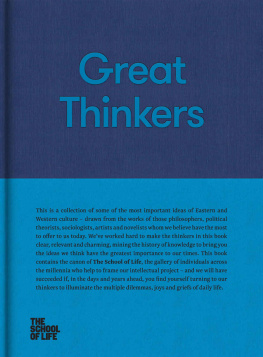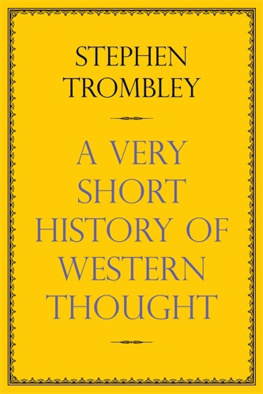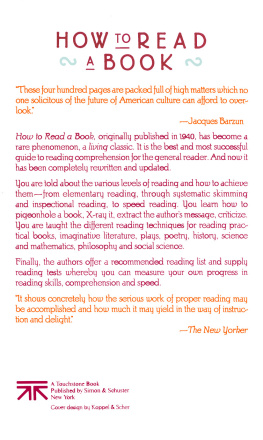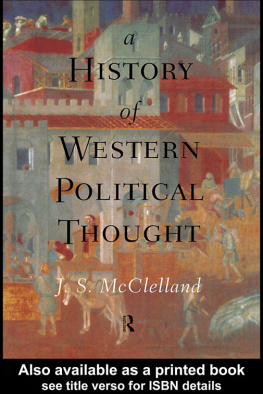Table of Contents
Landmarks
Chapter 2
FAMILY
Chapter 2 is divided into three sections: 2.1 The Institution of the Family, 2.2 Parents and Children, and 2.3 Marriage.
Certain of the passages quoted in this chapter could have been placed in two of the three sections, and some, perhaps, in all three. The institution of the family is inseparable from the marriage rite and all that it entails; the relation of husband and wife results from marriage and is fundamental to the institution of the family; the parental care and direction of children, as well as filial respect and obedience, are aspects of domestic government that take different forms in different types of familial institutions.
All of these points of coincidence or overlapping being acknowledged, it is, nevertheless, the case that the matters considered in the three sections are sufficiently distinct to justify a division of the texts accordingly.
However, the reader whose interest is in all of the many related aspects of the human family would do well to explore the materials of this chapter as a whole and to trace for himself the intricate pattern of insights and observations that are woven together in the fabric of our understanding of the one human institution with which every human being has had intimate experience.
There is probably no other subject treated in this book about which everyone has an opinion or judgment, and feelings, sentiments, or emotional attitudes, as well as wishes or desires, overt or covert, conscious or unconscious. There is probably no other subject on which there are comments from so wide a diversity of sourcesfrom poets, novelists, dramatists, and historians; philosophers and theologians; moralists, economists, and political theorists; biologists, psychologists, and psychoanalysts.
...
2.1 The Institution of the Family
One important relationship constitutive of most, if not all, families is that of siblings brother and brother, sister and sister, brother and sister. It is a relationship that, as generalized under the notion of fraternity or brotherhood, is often set up as a model for those who are not bound to one another by any ties of consanguinity. On the other hand, as we are reminded by the opening text from Genesis about Gain and Abel, animosity and jealousy also tear at the hearts of those who are tied to one another by bonds of blood. Blood may be thicker than water, but it also has a lower boiling point.
Passages dealing with siblings, and their benevolence or malevolence, are assembled in this section, and are thus separated from the other two basic familial relationships (husband and wife, parents and children), which are treated in Sections 3 and 2 respectively.
Another, perhaps even more basic, theme in this section is the type of government that is regulative of family life. Who rules in the familythe husband alone, or both husband and wife; and who is ruledthe children alone or both wife and children? What power or authority is exercised in domestic government? What makes it legitimate? Is it absolute or limited and, if limited, what are its limits? Answers to questions of this sort usually involve comparisons of parental rule with despotic rule and constitutional government. Those interested in the passages that treat of such matters should, perhaps, look also at similar passages in Chapter 10 on Politics, especially Section 10.3 on Government: Its Nature, Necessity, and Forms, Section 10.4 on Government of and by the People: Republic and Democracy, and Section 10.6 on Despotism AND Tyranny. Doing so will help one to think about some of the most difficult problems of family lifethe extent to which the domestic community can be organized as a democracy, and the safeguards that can be erected against tyrannical or despotic misrule.
...
1 And Adam knew Eve his wife; and she conceived, and bare Cain, and said, I have gotten a man from the Lord.
And she again bare his brother Abel. And Abel was a keeper of sheep, but Cain was a tiller of the ground.
And in process of time it came to pass, that Cain brought of the fruit of the ground an offering unto the Lord.
And Abel, he also brought of the firstlings of his flock and of the fat thereof. And the Lord had respect unto Abel and to his offering:
But unto Cain and to his offering he had not respect. And Cain was very wroth, and his countenance fell.
And the Lord said unto Cain, Why art thou wroth? and why is thy countenance fallen?
If thou doest well, shalt thou not be accepted? and if thou doest not well, sin lieth at the door.
And unto thee shall be his desire, and thou shalt rule over him.
And Cain talked with Abel his brother: and it came to pass, when they were in the field, that Cain rose up against Abel his brother, and slew him.
And the Lord said unto Cain, Where is Abel thy brother? And he said, I know not: Am I my brothers keeper?
Genesis 4:19
2 And the boys grew: and Esau was a cunning hunter, a man of the field; and Jacob was a plain man, dwelling in tents.
And Isaac loved Esau, because he did eat of his venison: but Rebekah loved Jacob.
And Jacob sod pottage: and Esau came from the field, and was faint:
And Esau said to Jacob, Feed me, I pray thee, with that same red pottage; for I am faint: therefore was his name called Edom.
And Jacob said, Sell me this day thy birthright.
And Esau said, Behold, I am at the point to die: and what profit shall this birthright do to me?
And Jacob said. Swear to me this day; and he sware unto him: and he sold his birthright unto Jacob.
Then Jacob gave Esau bread and pottage of lentiles; and he did eat and drink, and rose up, and went his way: thus Esau despised his birthright.
Genesis 25:27-34
3 If a man have two wives, one beloved, and another hated, and they have born him children, both the beloved and the hated; and if the firstborn son be hers that was hated:
Then it shall be, when he maketh his sons to inherit that which he hath, that he may not make the son of the beloved firstborn before the son of the hated, which is indeed the firstborn:
But he shall acknowledge the son of the hated for the firstborn, by giving him a double portion of all that he hath: for he is the beginning of his strength; the right of the firstborn is his.
Deuteronomy 21:15-17
4 If brethren dwell together, and one of them die, and have no child, the wife of the dead shall not marry without unto a stranger: her husband's brother shall go in unto her, and take her to him to wife, and perform the duty of an husbands brother unto her.
And It shall be, that the firstborn which she beareth shall succeed in the name of his brother which is dead, that his name be not put out of Israel.
And if the man like not to take his brothers wife, then let his brothers wife go up to the gate unto the elders, and say, My husbands brother refuseth to raise up unto his brother a name in Israel, he will not perform the duty of my husbands brother.
Then the elders of his city shall call him, and speak unto him: and if he stand to it, and say, I like not to take her;
Then shall his brothers wife come unto him in the presence of the elders, and loose his shoe from off his foot, and spit in his face, and shall answer and say, So shall it be done unto that man that will not build up his brothers house.
Deuteronomy 24:5-9
5 Odysseus. And may the gods accomplish your desire:

